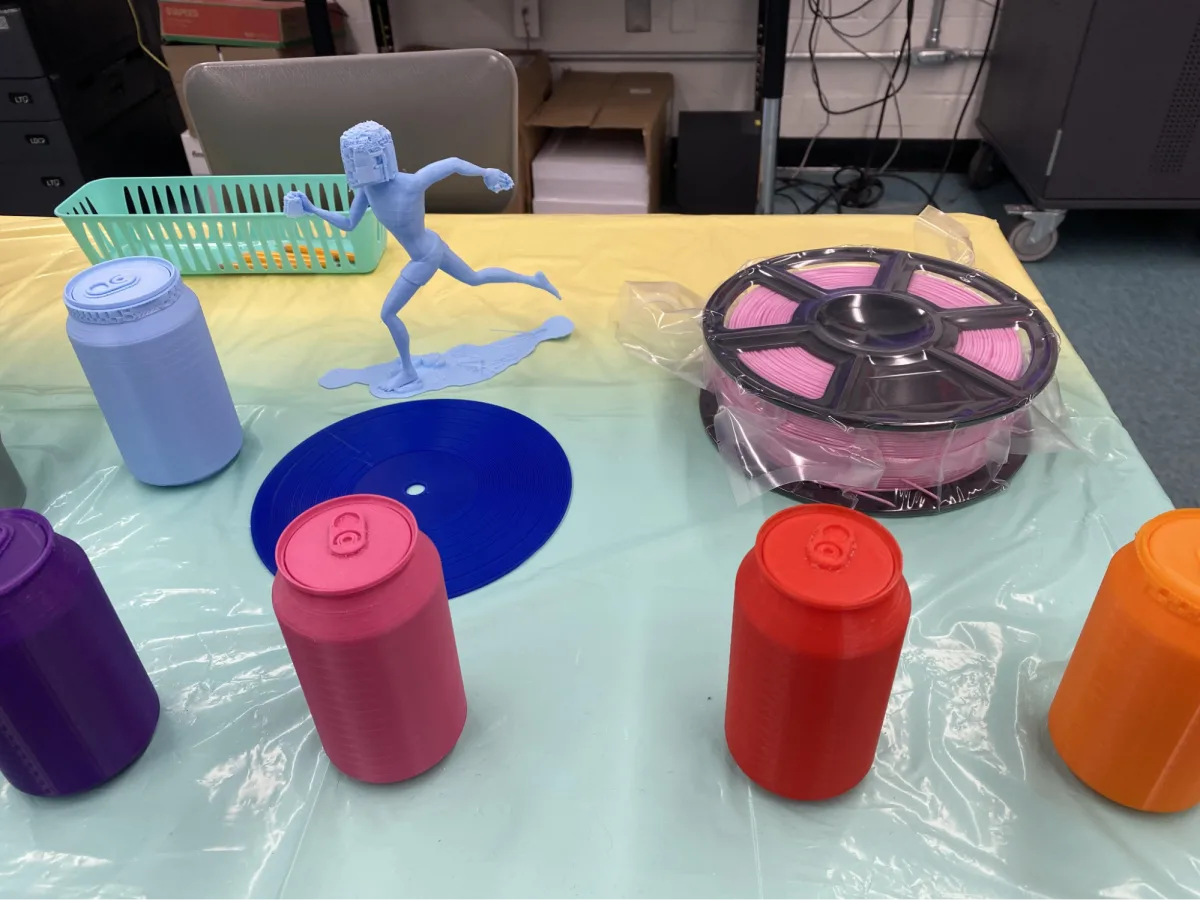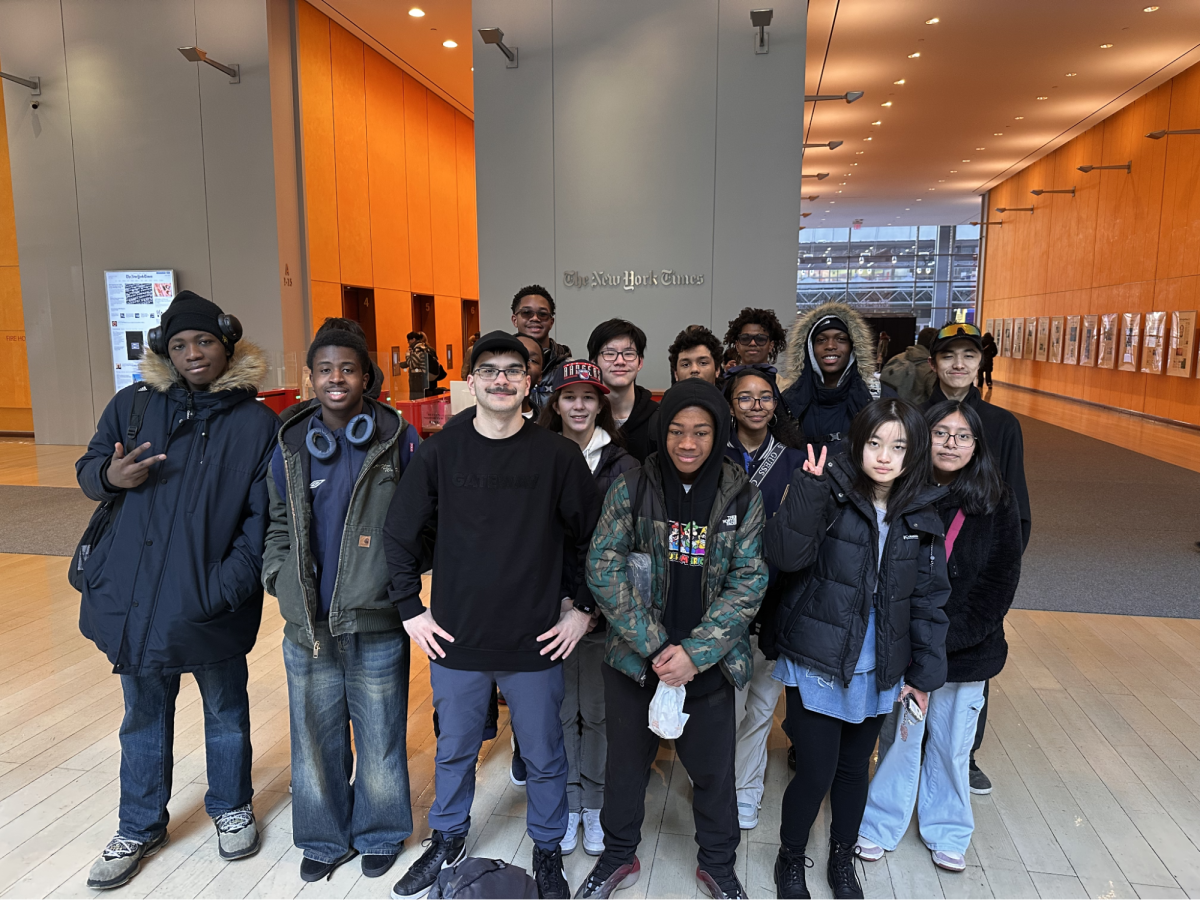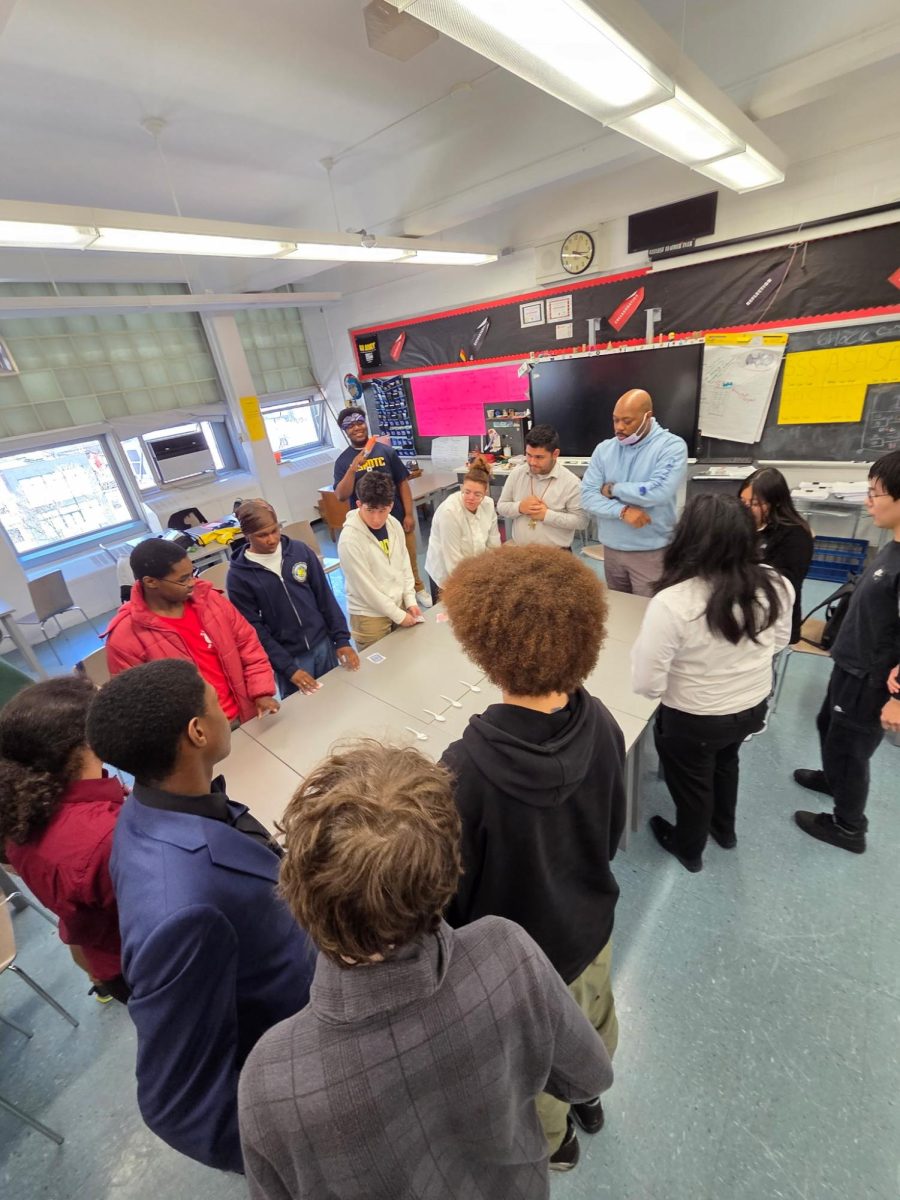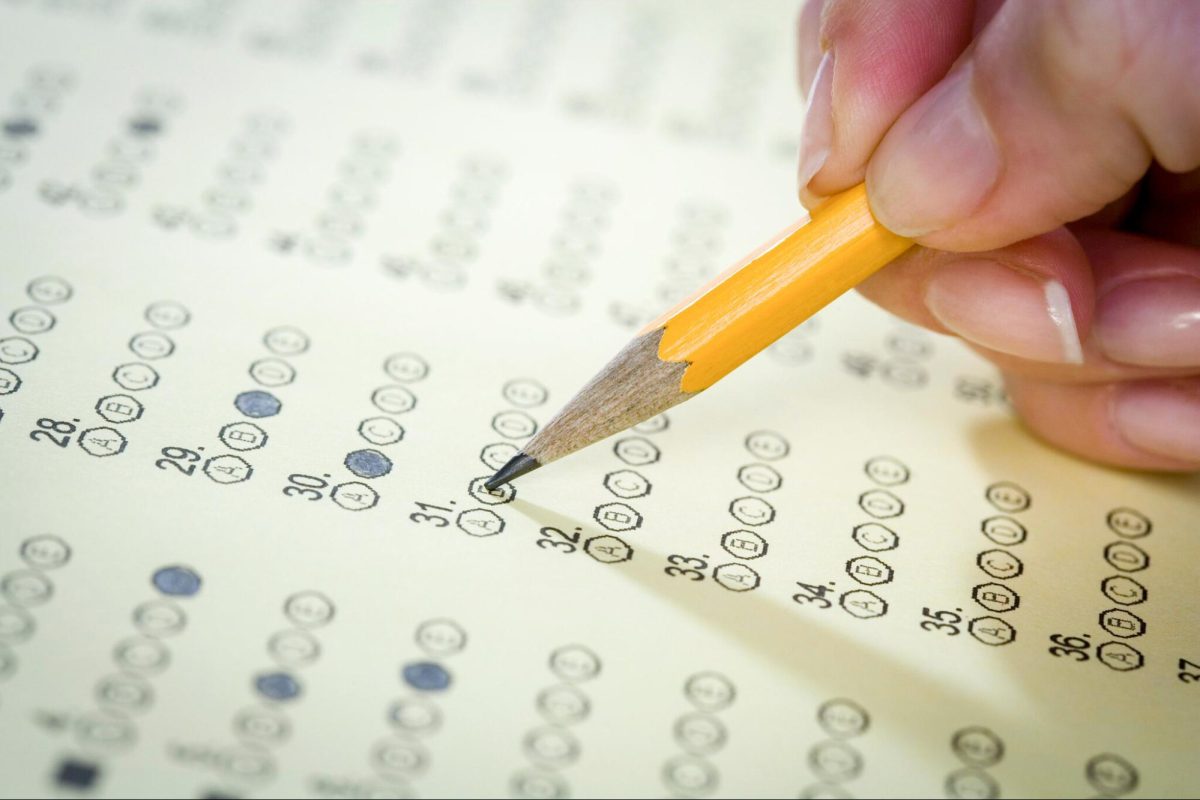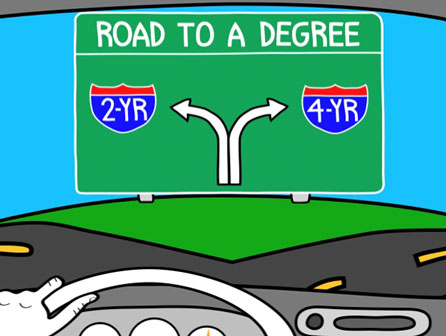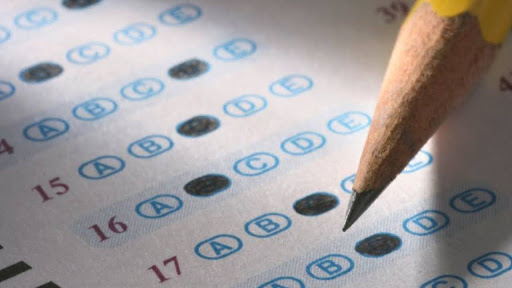In a landmark decision, New York State has announced a major shift in how students graduate high school. Starting with the 2027-2028 school year, the Regents exams—standardized tests in English, Math, Science, and Social Studies—will no longer be a requirement for graduation. Current ninth graders may be the first cohort to graduate without needing to pass these exams, marking a monumental change in teaching, learning, and assessment across the state.
The move is part of a broader effort to rethink high school graduation requirements and reduce the stress associated with standardized testing. Instead of focusing solely on Regents exam scores, students will be evaluated on their proficiency in seven key areas: critical thinking, effective communication, social-emotional skills, innovative problem-solving, literacy across content, and global citizenship. These new standards aim to prepare students for a rapidly changing world, but specifics won’t be finalized until the 2025-2026 school year.
This overhaul has sparked mixed reactions from educators and students alike. Global History teacher Mr. Kunka is quoted as calling the decision “A terrible idea”:
He did however believe that it could open the door to more unique lessons that are less constrained by time to complete.
Students, too, are processing the news. Some are relieved by the reduced emphasis on the high-stakes tests:
Advocates for the change believe it’s a step in the right direction. They argue that the Regents exams don’t fully measure a student’s abilities or potential. Without them, students may feel less pressure and focus more on learning for the sake of learning. However, critics worry that the shift could lead to reduced motivation for students to excel academically.
This decision aligns with broader trends in education reform and reflects growing consensus among experts about the need to reduce reliance on standardized tests. According to a recent announcement by the New York State Education Department, the new system will prioritize holistic skill sets and deeper learning experiences.
The new requirements signal a shift toward a more holistic approach to education, but there’s still much to figure out. How will these seven key areas translate to concrete expectations for students? What will replace the Regents as a measure of achievement? These are questions that will need answers before the changes take effect.
For now, students and teachers alike are adjusting to the idea of a future without Regents exams. While the full impact remains to be seen, it’s clear that New York’s education system is on the brink of significant transformations.
